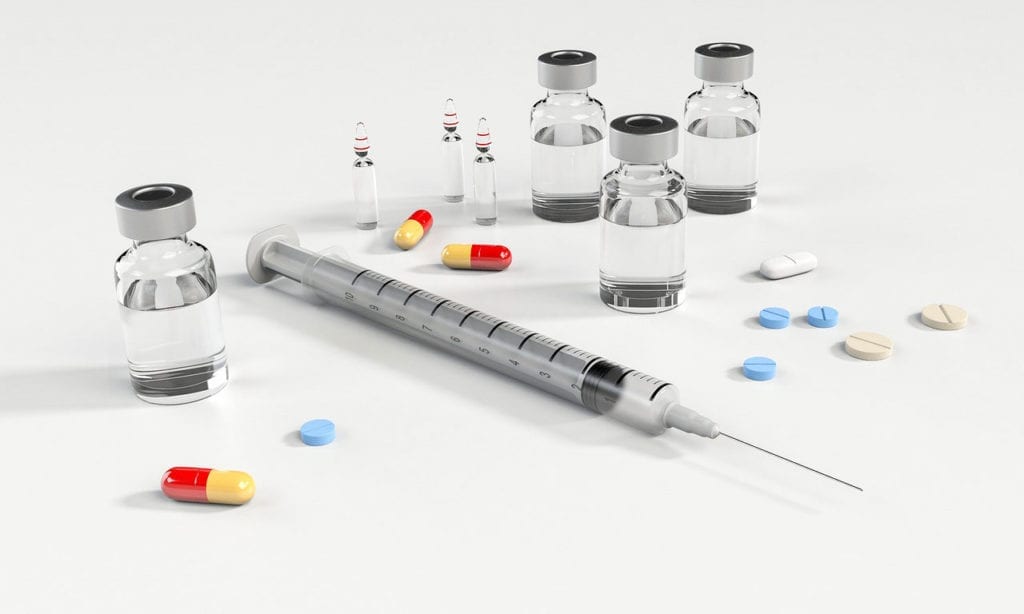A recent publication from Specialty Pharmacy Times noted that the rapidly-growing number of available human immunoglobulin treatments for primary immunodeficiency disorders could pose challenges for specialty pharmacists when treating patients. Pharmacists need to make the best choice for their patients when choosing from the numerous options and the differences between them can be considerably nuanced.
About Primary Immunodeficiency Disorders
Primary immunodeficiency disorders are rare, genetically-inherited conditions characterized by severe immune dysfunction. Mutations to any number of immune-associated genes can result in dangerous deficiencies in certain immune cells like B cells, T cells, or phagocytes. When these important immune operators are in short supply, the body is unable to fight off dangerous invasions as readily. Repeated, severe bacterial, fungal, or viral infections can occur.
Because of the significant complexity of the immune system, over 300 unique forms of primary immunodeficiency have been identified. People with primary immunodeficiency may have highly variable prognoses, dependent on the genes affected and the severity of the resulting deficiency.
A number of strategies exist to help immunodeficient patients manage their health and minimize their risk of infection. By diligently adhering to healthy lifestyle choices like managing stress, a consistent sleep schedule, and brushing teeth often, immunodeficient patients can minimize the burden placed on their weakened immune system.
However, even though patients might do their best to avoid infection, everybody gets sick sometimes. Several therapies exist that can treat varying forms of immunodeficiency, like immunoglobulin therapy, interferon-gamma therapy, or white blood cell growth factors. These therapies seek to actively improve the resilience of the immune system by shoring up its weak points. These therapies, when successful, can reduce the sometimes severely lifestyle-limiting burden placed on patients (such as avoiding crowds or people with colds or other illness).
Specialists Need to Know What Options are Best for their Patients
Specialty pharmacists are experts in “high cost, high touch” treatments that are commonly used by rare disease patients. These experts are frequently in contact with their patients, making them uniquely qualified to make decisions regarding care.
In order to minimize potential adverse effects and maximize efficacy, specialty pharmacists must be careful when determining treatment strategies — especially for immunoglobulins products intended for immunodeficient individuals. Immunoglobulin products are sometimes sold freeze-dried as powders, but are more commonly distributed as liquids in varying concentrations. Specialists are responsible for choosing not only the optimal therapy, but also the optimal dosage, administration site, and even infusion rate. The aspects of administration, though often considered secondary to the choice of therapy itself, can have a significant impact on a patient’s treatment. When specialty pharmacists are highly trained and well-read in the options available to their patients, outcomes improve.
Have you ever heard of specialty pharmacists before? What do you think some of the unique challenges of the job might be? Share your thoughts with Patient Worthy!








